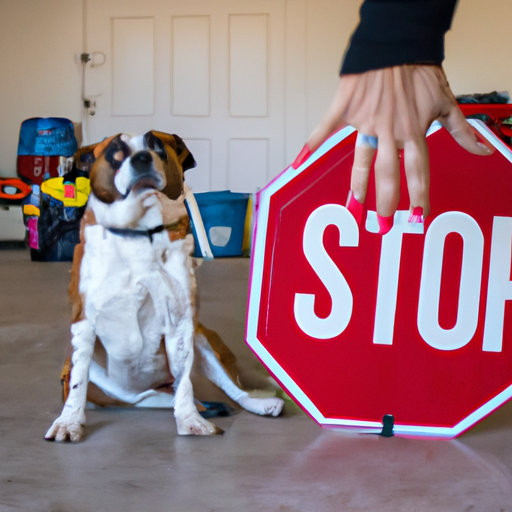Dogs are man’s best friend, and their affectionate licks can be a sweet sign of their love. However, continuous licking can become a problematic behavior if not managed correctly. This guide will provide you with practical strategies on how to stop dogs from licking you.
- Table of Contents
- Understanding Dog Licking Behavior
- Training Your Dog to Stop Licking
- Health Concerns Related to Excessive Licking
- When to Seek Professional Help
-
Frequently Asked Questions
-
Key Takeaways:
- Understanding why dogs lick can help manage the behavior.
- Training techniques can effectively reduce licking.
- Excessive licking can sometimes indicate health issues.
- Professional help may be beneficial.
Understanding Dog Licking Behavior
Dogs lick for various reasons, including showing affection, exploring their environment, and seeking attention. It’s essential to understand these behaviors to manage them properly. OneTopDog offers a comprehensive guide on understanding dog behaviors that might help in this regard.
Why Dogs Lick:
1. Affection: Dogs lick as a way of showing affection. It’s their way of saying “I love you.”
2. Attention: Dogs may lick to get your attention. If they want to play or want a treat, they might resort to licking.
3. Exploration: Dogs explore the world through their mouths, so licking is a way for them to understand their surroundings.
Training Your Dog to Stop Licking
Training is an effective way to control your dog’s licking behavior. Here are some techniques that you can use:
- Redirect Their Attention: Whenever your dog starts licking, redirect their attention to a toy or a task.
- Use Commands: Teach your dog a command like “no lick” or “enough”. Make sure to reward them when they obey.
- Ignore the Licking: If your dog is licking for attention, simply ignoring them can be an effective strategy.
You can find more about dog training techniques at Dog Training Basics.
Health Concerns Related to Excessive Licking
Excessive licking can sometimes be a sign of underlying health issues. Dogs might lick due to allergies, skin conditions, or even anxiety. If you notice your dog licking excessively, it’s essential to consult with a vet. OneTopDog provides an excellent resource on common dog health issues.
Table: Common Health Problems Related to Excessive Licking
| Health Problem | Symptoms |
|---|---|
| Allergies | Excessive licking, scratching, redness |
| Skin Conditions | Bald patches, inflammation, excessive licking |
| Anxiety | Excessive licking, restlessness, changes in eating habits |
When to Seek Professional Help
If your dog’s licking behavior becomes problematic and you’re unable to control it, seeking professional help might be necessary. A professional dog trainer or a behaviorist can provide you with guidance and training techniques tailored specifically to your dog. OneTopDog offers a handy guide on when to seek professional help.
Frequently Asked Questions
Q: Why does my dog lick me excessively?
A: Dogs may lick excessively for various reasons, including seeking attention, showing affection, or due to underlying health issues.
Q: How can I train my dog to stop licking?
A: Training techniques such as redirecting their attention, using commands, or ignoring the behavior can be effective.
Q: When should I seek professional help?
A: If your dog’s licking behavior becomes problematic and you’re unable to control it, seeking professional help might be necessary.
In conclusion, while dog licking is a natural behavior, excessive licking can become a problem. Understanding the reasons behind the behavior and using effective training techniques can help manage the situation. Always consult with a vet if you suspect health issues to be the cause of excessive licking.



